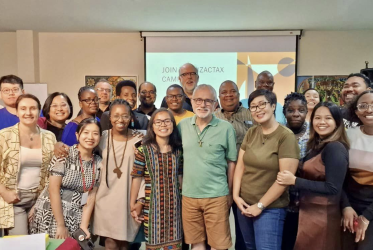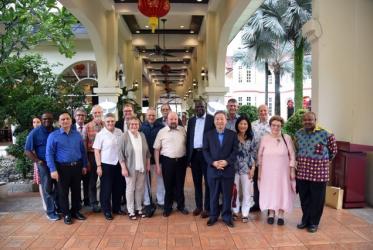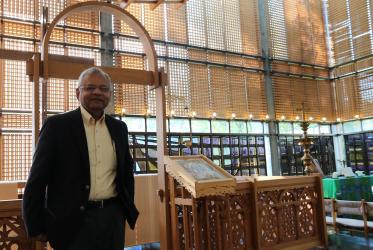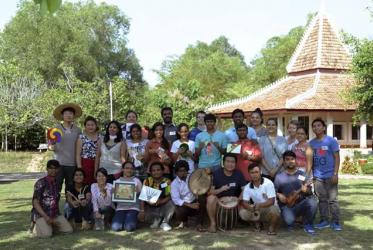Displaying 1 - 14 of 14
GEM School explores how to make new economic world order a reality
08 September 2023
Unity is key when health crisis poses new challenges in Asia
28 February 2022
Consultation brings rights of religious minorities into focus
18 September 2013







